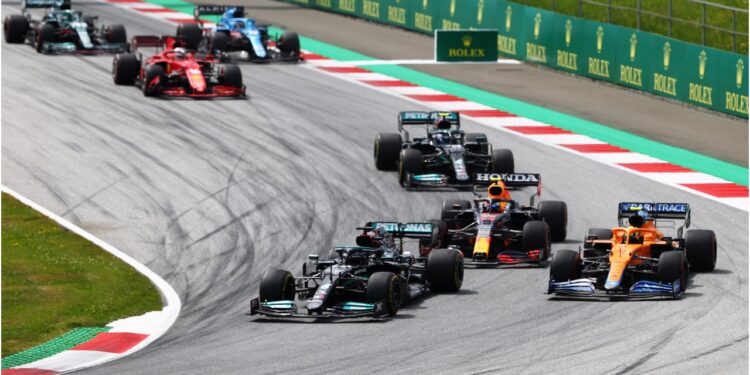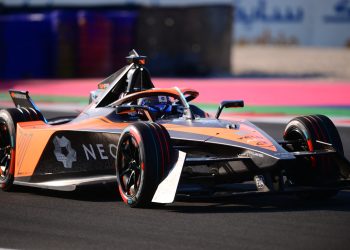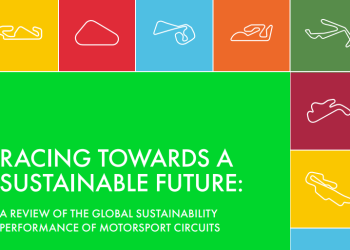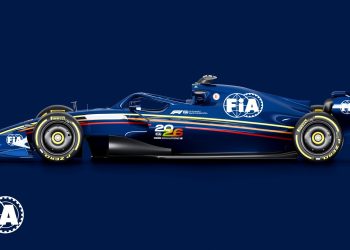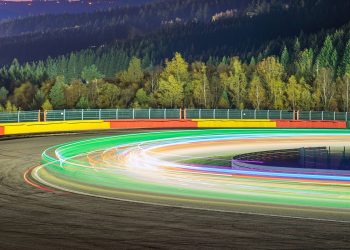For decades, Formula 1 has been the world’s top motor racing category, providing thrills everywhere with single-seaters that push boundaries. Moreover, one of the most distinctive features of the competition has been the engine sound, although it is also necessary to face a change in terms of sustainability.
Electrifying F1 does not cross through Grand Circus leaders’ minds, but they are aware that promoting one step at a time to green mobility is very important for the planet’s future, as the inspiration faced by the category will surely reach others until it increases number of participants interested in changing the situation.
Ross Brawn, Formula 1 managing Director, recently revealed on BBC Radio that the category could implement hydrogen as fuel, but electrification is ruled out, because that would lead to lose combustion engines’ sound, F1’s main attraction.

Related Content: How a Toyota Corolla Powered by Hydrogen Sounds
Formula 1 Prefers Hydrogen Over Full Electrification
Currently, Formula 1 combines hybrid technology introduced since the 2014 season where the engines run electrically and on fuel. In fact, Mercedes-AMG Petronas has been the team that best performed this regulation to the extent of monopolizing all titles between Lewis Hamilton and Rosberg X Racing’s Extreme-E team boss, Nico Rosberg.
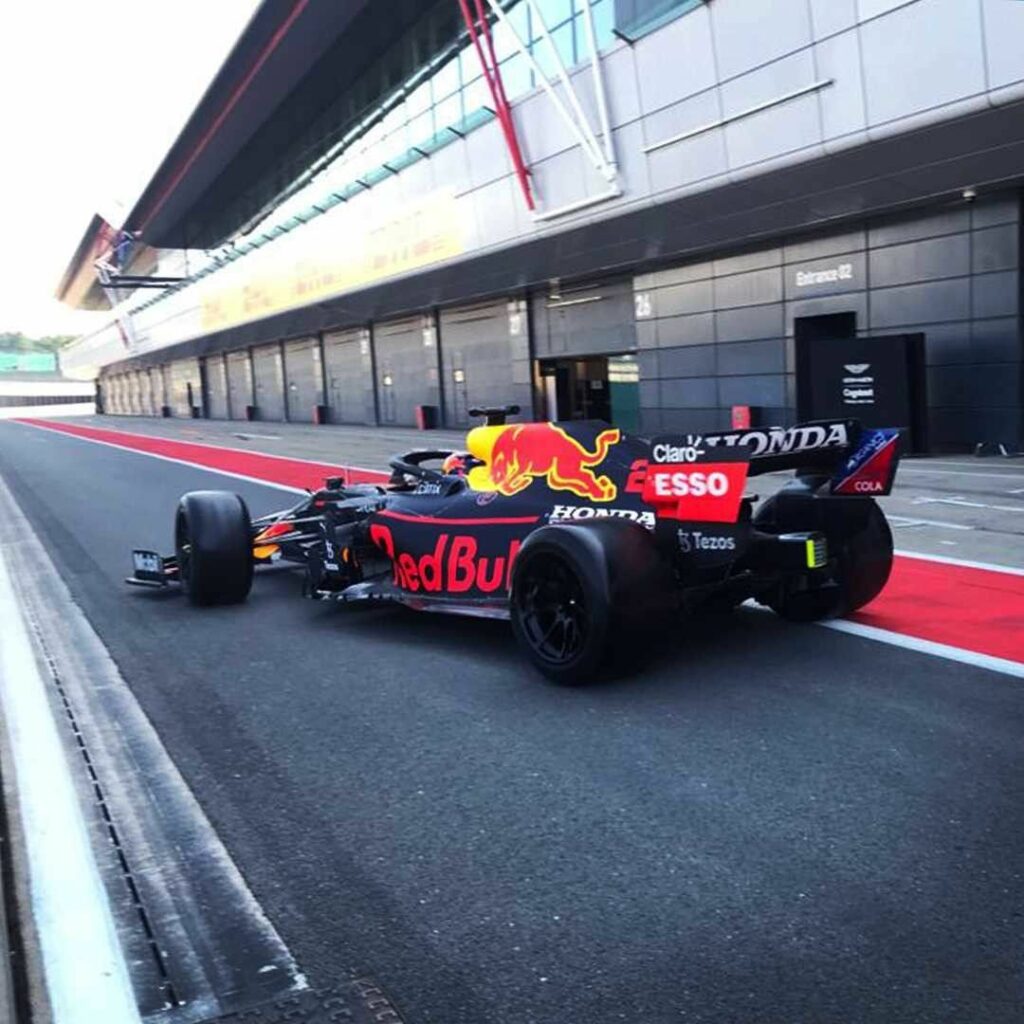
“We have a one-and-a-half hour race, we have 1,000 horsepower cars, we are the pinnacle of motorsport. You can’t get that explosion without fossil fuels,” Brawn told BBC, emphasizing that the best option so far to move towards sustainability is using hydrogen.
He also assured that Formula 1 is a challenging category with 90-minute races, for which he considers that electrification is not a way that could sustain that rhythm, since drivers would have to completely change their way of facing the Grand Prix, being concerned about energy saving.
However, it is worth noting that single-seater emissions are a tiny fraction of the carbon generated as a result compared to all the pollution generated by logistical travel, although in that regard, Ross Brawn emphasized that F1 is not considering reducing race numbers.
“At the end of the day, we are a business. We have to generate revenue to make it all work and, obviously, the more races we have, the more profitable it is,” he concluded.
Written by | Ronald Ortega



